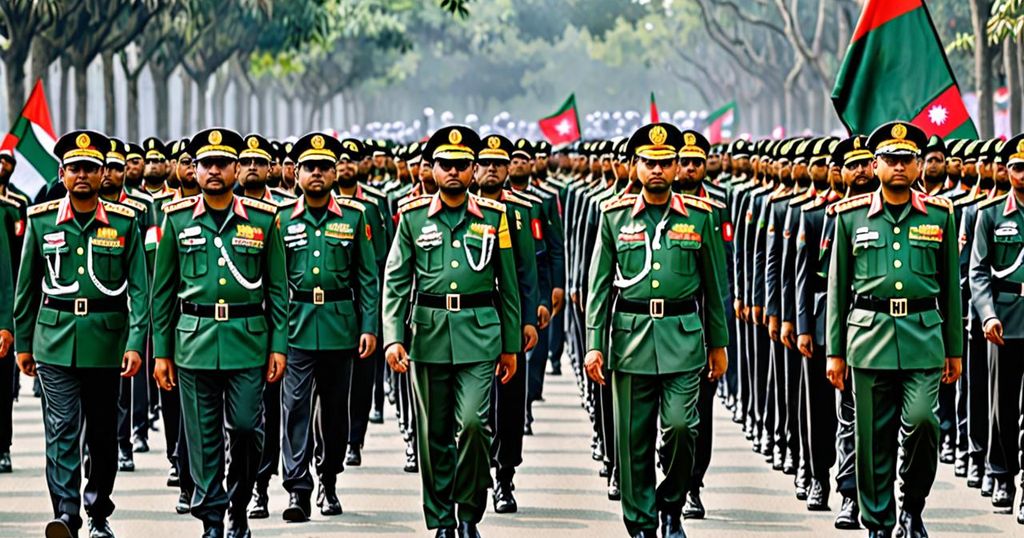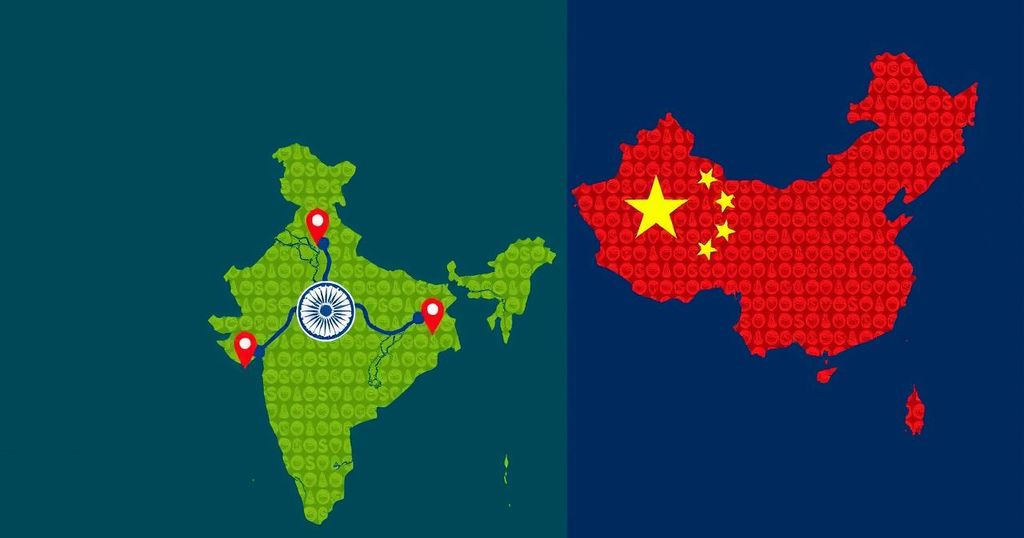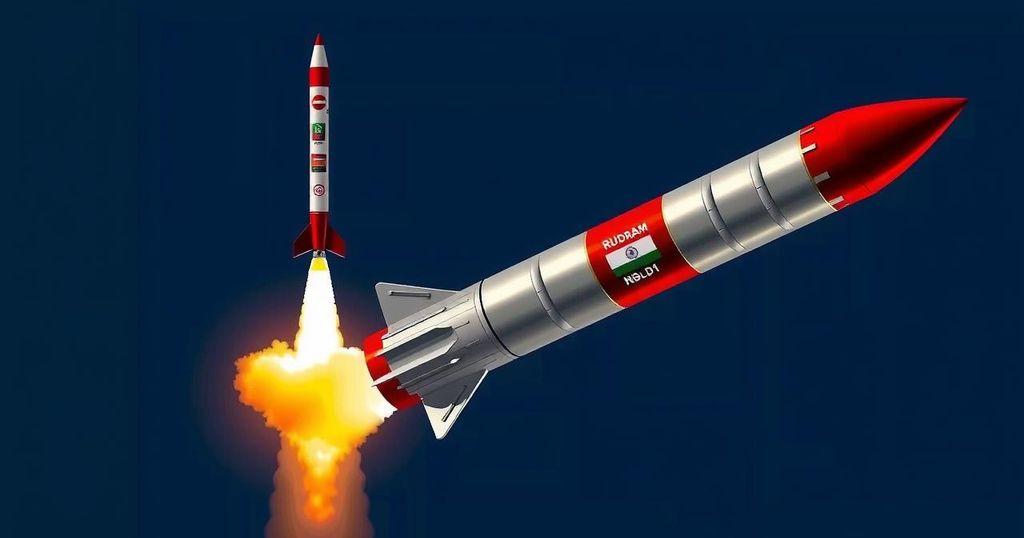Challenges Ahead for Bangladesh’s Military-Led Government
The recent developments in Bangladesh, which encompass the removal of Prime Minister Sheikh Hasina and the subsequent establishment of an interim government led by the military, have placed the country in a state of uncertainty. While some view Hasina’s ouster as an opportunity for the country to rejuvenate its democratic principles, there are numerous challenges that the new government will confront in the days ahead.
The Bangladesh Army, which has assumed control of the interim government, faces the formidable task of reconstructing a stable political system that has been compromised by years of autocratic governance. The nation has a history of military intervention in politics, characterized by periods of military rule in the past. It is imperative for the military to navigate the delicate equilibrium between wielding power and facilitating the transition to civilian rule, as pledged. Furthermore, the influence of neighboring India and China, along with the ongoing civil unrest in Myanmar, will present substantial hurdles for the new government.
The ruling Awami League, which secured a substantial majority in the most recent election, is likely to fragment following Hasina’s removal. The party’s senior members, closely affiliated with Hasina, may encounter challenges in maintaining their political relevance. Conversely, the Bangladesh Nationalist Party, the primary opposition party, confronts its own set of obstacles, including the health of its leader, Khaleda Zia, and the exile of her son, Tarique Rahman.
The emergence of Islamist groups as potential political entities further complicates the political panorama of the nation. The outlawed Jamaat-e-Islami party and other Islamist organizations could potentially attain influence, presenting a challenge to the Army’s aim of establishing a stable and secular political atmosphere.
Moreover, these political shifts in Bangladesh carry regional ramifications. India’s Prime Minister Narendra Modi, who had a close rapport with Hasina, has lost a vital ally in South Asia. The equilibrium of power between India and China in the region may shift, and the United States may seek to mend its relationship with Bangladesh.
From a security perspective, Bangladesh’s involvement in the civil unrest in Myanmar, particularly in the context of the Rohingya refugee crisis, will be a momentous foreign policy challenge for the new government. The prospect of a renewed exodus of Rohingya refugees into Bangladesh adds to the complexity of the situation.
Ultimately, the military-led government in Bangladesh must tackle these challenges to ensure political stability, regional security, and economic prosperity. The future of the country as a democratic and secular nation hinges on the new government’s capacity to navigate these complexities and establish a footing for civilian rule.
As these events transpire, the global community, including nations such as Australia, will closely monitor the situation in Bangladesh. The aspiration is for a tranquil and thriving Bangladesh that upholds democratic principles and contributes to regional stability.








Post Comment